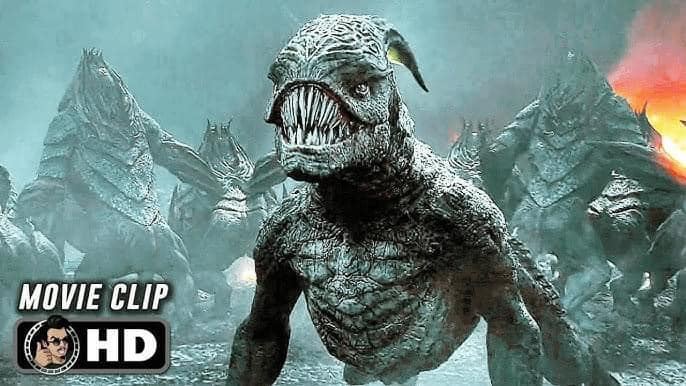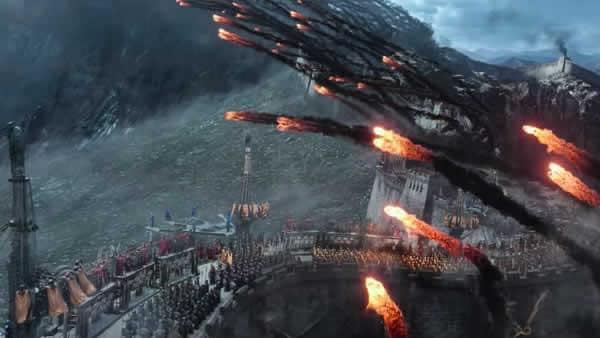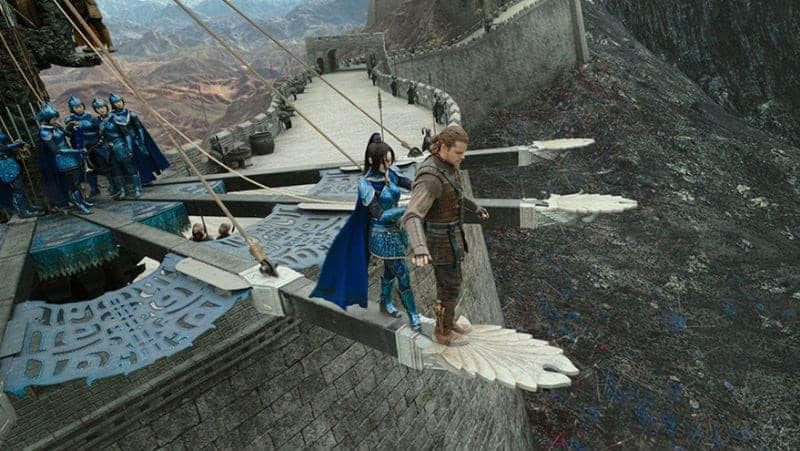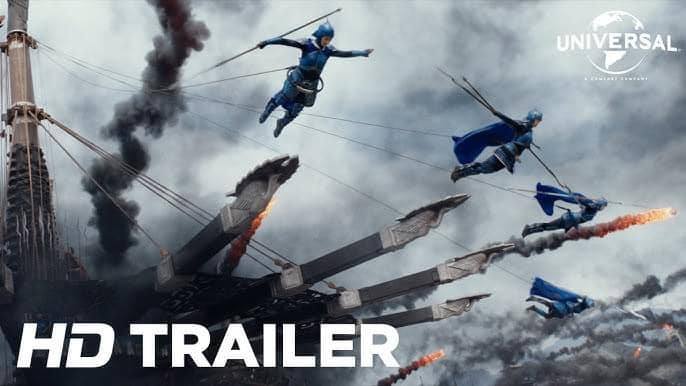Directed by Zhang Yimou, “The Great Wall” is a historical fantasy epic that intertwines myth and history.


The film’s protagonist, William, is a skilled archer who, along with his companion Tovar, initially has little interest in the grand cause of the Nameless Order. However, as the battle intensifies and the stakes become clear, William finds himself drawn into the fight, learning the value of loyalty and selflessness.
Zhang Yimou, known for his visually stunning films like Hero and House of Flying Daggers, brings his signature style to The Great Wall. The film is a feast for the eyes, with elaborate costume designs, meticulously choreographed battle sequences, and grandiose set pieces that showcase the scale and majesty of the Great Wall itself. The use of color is particularly striking, with each division of the Nameless Order represented by a different color, adding a vibrant visual identity to the film.

The Great Wall itself is more than just a defensive structure in the film; it’s a symbol of human ingenuity and resilience, standing as a barrier between civilization and the monstrous forces threatening to destroy it. The battles on the Wall are massive in scale, combining traditional Chinese martial arts with inventive, fantastical weaponry, creating an exhilarating blend of action and spectacle.
The Tao Tei, the film’s monstrous antagonists, are depicted as fearsome, intelligent creatures that challenge the ingenuity and bravery of the Nameless Order. The design and special effects used to bring these creatures to life are impressive, adding a layer of mythological intrigue to the film.

The cast includes notable Chinese actors such as Jing Tian, who plays Commander Lin Mae, the courageous leader of the Crane Troop, and Andy Lau as Strategist Wang, the wise and tactical mind behind the defense of the Wall. Their performances ground the film’s fantastical elements in a sense of cultural and historical gravitas.
While The Great Wall was ambitious in its scope and vision, it received mixed reviews. Critics praised the film for its stunning visuals and action sequences but criticized it for its storytelling and character development. Some also pointed out the film’s approach to the “white savior” trope, as Matt Damon’s character is positioned as a key figure in the defense of the Wall, a choice that sparked debate about representation in the film.

Despite these criticisms, The Great Wall remains an interesting exploration of cross-cultural collaboration in cinema. It showcases Zhang Yimou’s ability to create epic, visually compelling films that draw from Chinese history and mythology, while also attempting to appeal to a global audience.
In the end, The Great Wall is a film that blends history, fantasy, and action in a way that is both entertaining and visually captivating. It’s a story about the power of unity and the courage required to face overwhelming odds, set against the backdrop of one of the most iconic structures in human history. For those who enjoy epic battles, mythological creatures, and a dose of historical fantasy, The Great Wall offers a unique cinematic experience.











